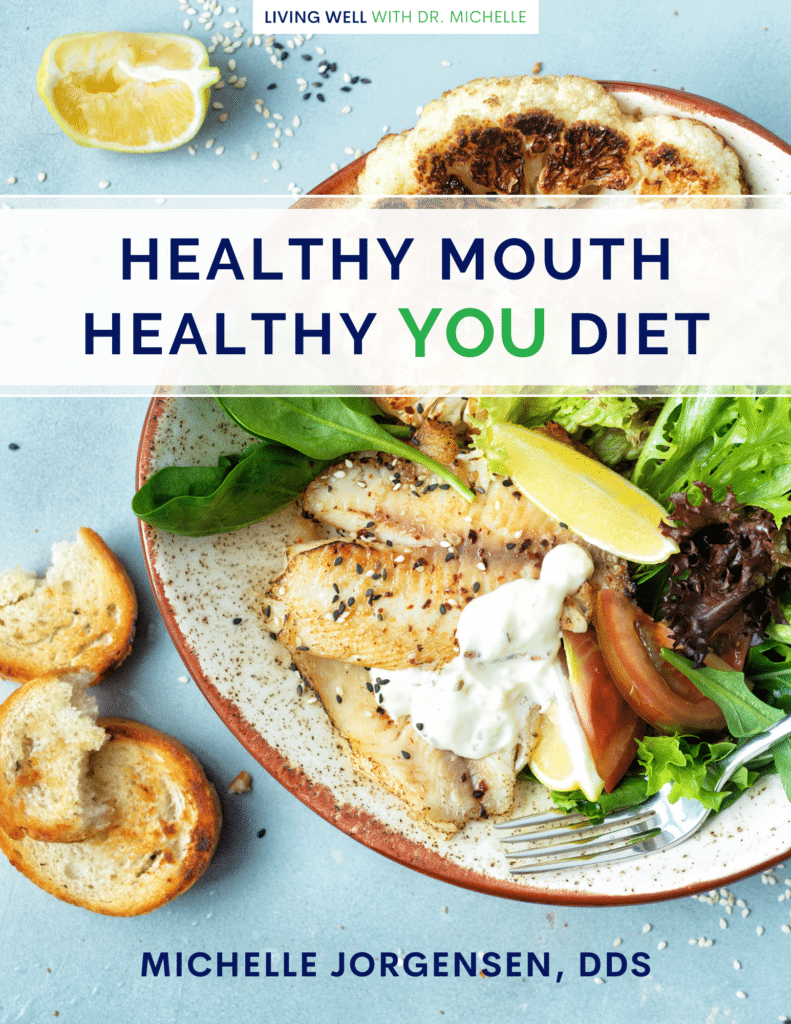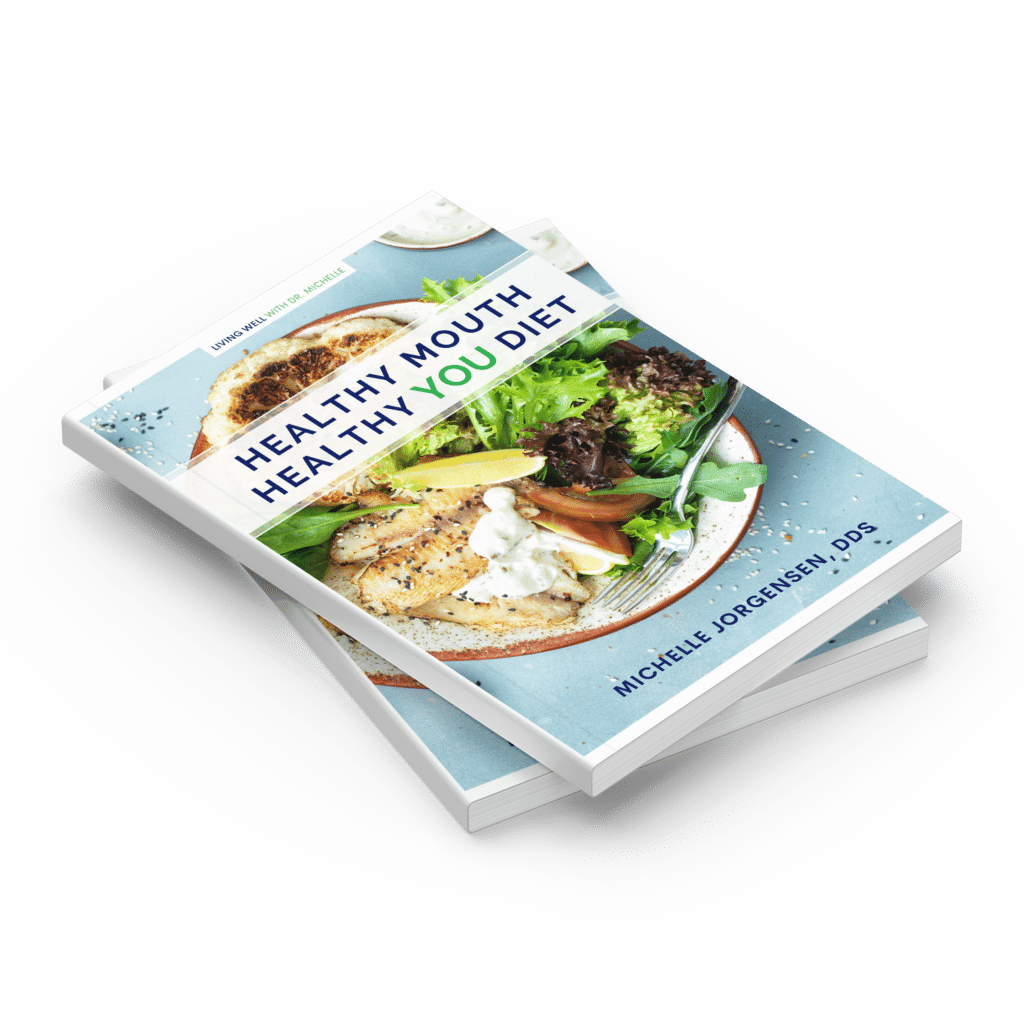Health Info » Dental and Whole Body Health » Dry Mouth = Cavities
Dry Mouth = Cavities
How to Avoid and Treat This Condition
Table of Contents
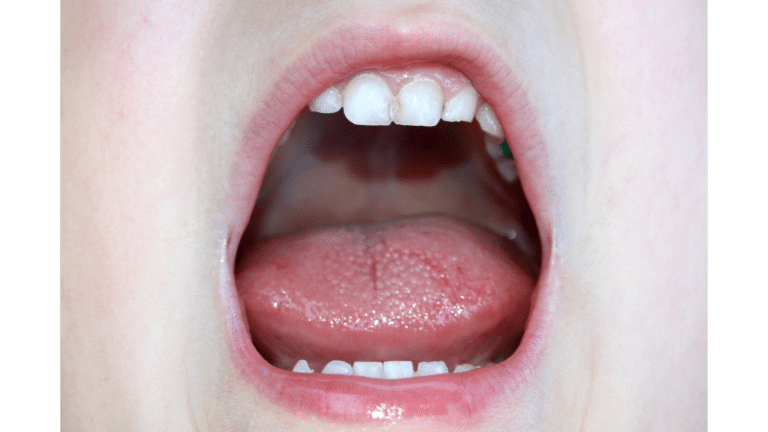
Have you ever had a dry mouth? I’m sure we all have, but if your mouth is chronically dry that’s a problem.
The other day I had a change in my schedule that left me with a little time to see an emergency patient and provide some needed help on the spot.
This good woman showed up with a severely fractured front tooth and new cavities on both of her front teeth.
She had a good diet, no high-risk lifestyle choices, no medications of any sort, and yet she had a very high cavity rate.
This high cavity rate combined with some night-time grinding led to a breakdown of her existing fillings, and finally this broken tooth emergency.
I also noticed something unusual for someone her age, with her health history.
Her mouth was very dry.
We live in an amazing time in dentistry where, with composite bonding or ceramic veneers, we can quickly restore a very natural, attractive look to her front teeth.
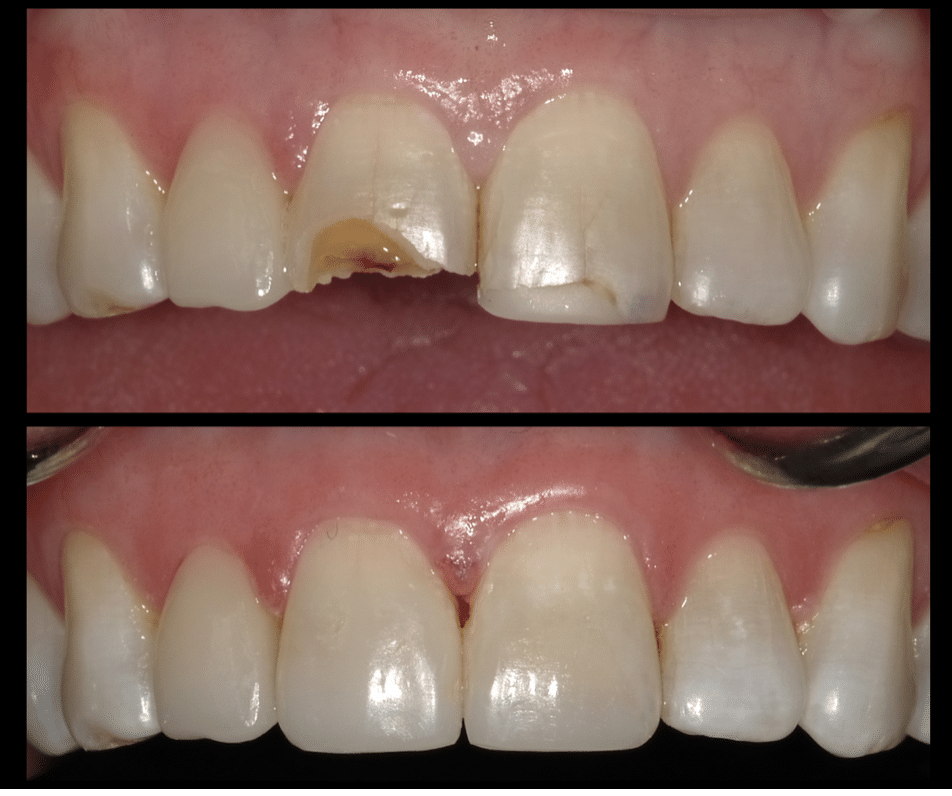
In her case I decided to do some direct composite bonding, treat the areas close to the nerve with ozone to help keep the teeth alive and healthy, and reappoint her for a new patient exam so we could look at her situation more from an overall perspective.
Her mouth now looks great, but the dry mouth problem is still there…
Dry Mouth is Destructive
Although I would love to talk about the beauty of modern dentistry and the techniques I used to shape and contour these fillings, the more important topic is dry mouth and its effects on the teeth and mouth… and what can be done about it.
Dry mouth can be caused by a variety of things:
- Naturally, as we age
- Being in a fight or flight situation
- Autoimmune conditions like Sjogren’s Syndrome
- Or taking multiple medications
Why Does Dry Mouth Lead to Cavities?
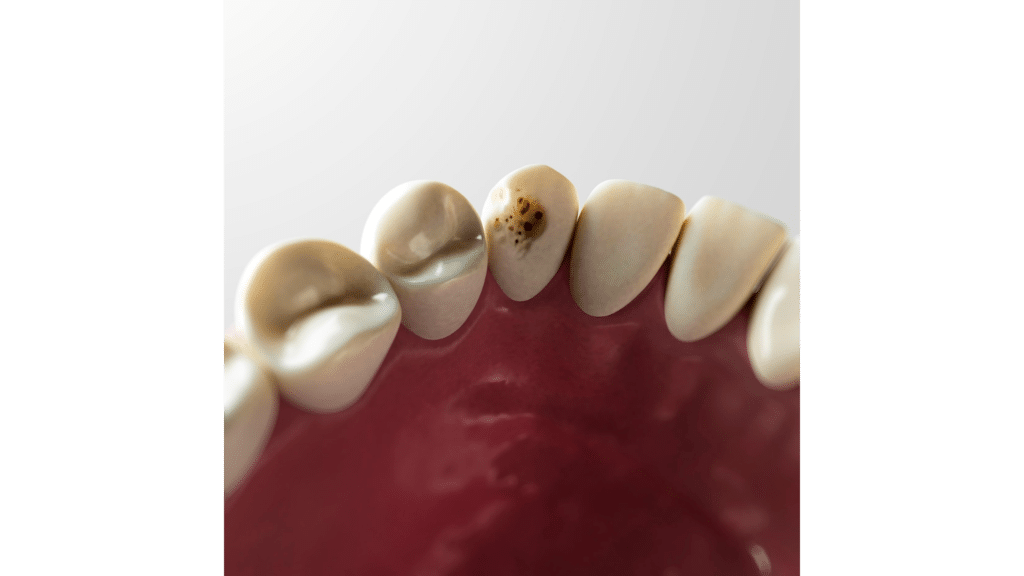
On multiple occasions I have seen an individual who has survived cancer treatment, only to lose most of their teeth afterward from cavities.
You see, saliva is essential for strong teeth. Why?
- Saliva maintains the strength of the teeth by delivering minerals right to the teeth to be absorbed.
- It neutralizes the effects of acid-producing bacteria
- It delivers antibodies to fight bacteria.
You may have heard of “Meth Mouth”, a condition where poor lifestyle choices and diet lead to rampant cavities along the gum line of the teeth.
Even though the lifestyle contributes, the main cause of destruction is from the dry mouth that occurs.
Some other things that will cause a similar cavity pattern are chemotherapy, head and neck radiation, allergy medications, or sometimes a combination of drugs that dry the mouth.
In most cases there is treatment.
There are medications that can be given to stimulate salivary glands and help to remineralize teeth.
What Can You Do at Home if You Have a Dry Mouth?

Step 1- Figure out the cause of the dry mouth.
Sometimes this can be corrected – if it’s a medication problem or a diet or lifestyle issue. Sometimes it can’t be prevented, and it will need to be managed
Step 2 – Prevent further loss of tooth minerals which will stop cavities.
You can do this through a hand full of products that we recommend, as well as diet changes.
- On your teeth, you can use a product called Shine from OraWellness. It delivers minerals directly to the teeth. Mix the powder into a paste and rub it along the gum line area. Leave while you sleep.
- You can take a product called Dr. Christopher’s Complete Tissue and Bone. It has tooth-building herbs.
- Add good fats to your diet. These can found in grass-fed animal products like KerryGold Butter and omega fat supplements.
- Increase your supplementation of Vitamin D3 and K2. These two vitamins are essential for healthy teeth are bones.
Step 3 – Step up your home care and how often you visit us. You will need to clean your teeth meticulously, and we need to see you every 3 months to catch any cavities before they get large.
If you are having issues with dry mouth please reach out to us and we can help.
We will partner with you for long-term dental and overall health!
Dr. Mishler and Jorgensen
Find this information helpful?
Subscribe to our newsletter to get the latest content from Living Well with Dr. Michelle delivered to your email inbox each week!



